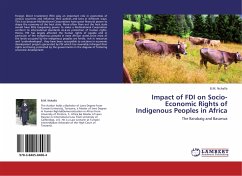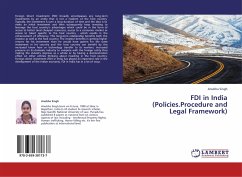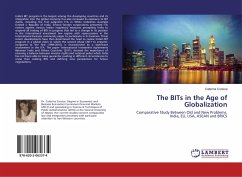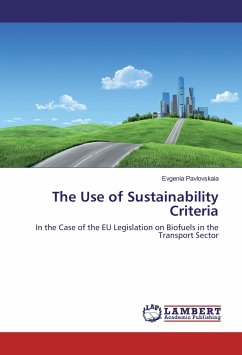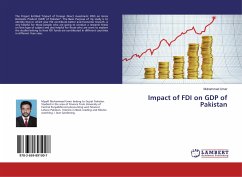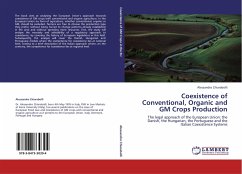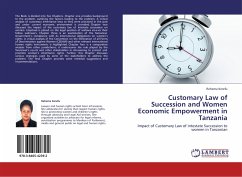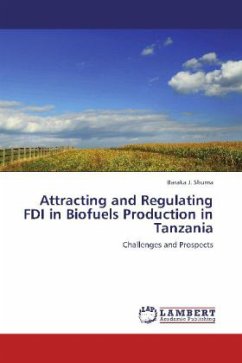
Attracting and Regulating FDI in Biofuels Production in Tanzania
Challenges and Prospects
Versandkostenfrei!
Versandfertig in 6-10 Tagen
39,99 €
inkl. MwSt.

PAYBACK Punkte
20 °P sammeln!
Foreign Direct Investment is recognised as the engine for economic growth in both the developed and developing world. If properly harnessed, it may bring about employment opportunities, transfer of skills and technology and capital. The attraction of FDI in a new sector requires proper preparation in terms of laws and policies. The need becomes more pressing in the fast growing biofuels sector which is full of social, economic, political and environmental controversies. Biofuels production competes for land, water and food crops amongst other resources. With these controversies, biofuels produ...
Foreign Direct Investment is recognised as the engine for economic growth in both the developed and developing world. If properly harnessed, it may bring about employment opportunities, transfer of skills and technology and capital. The attraction of FDI in a new sector requires proper preparation in terms of laws and policies. The need becomes more pressing in the fast growing biofuels sector which is full of social, economic, political and environmental controversies. Biofuels production competes for land, water and food crops amongst other resources. With these controversies, biofuels production needs to be properly regulated in order to strike a balance between these competing and often conflicting interests. Such are the challenges faced by Tanzania and indeed many other developing states eager to attract investments in this new and rapidly expanding sector.



